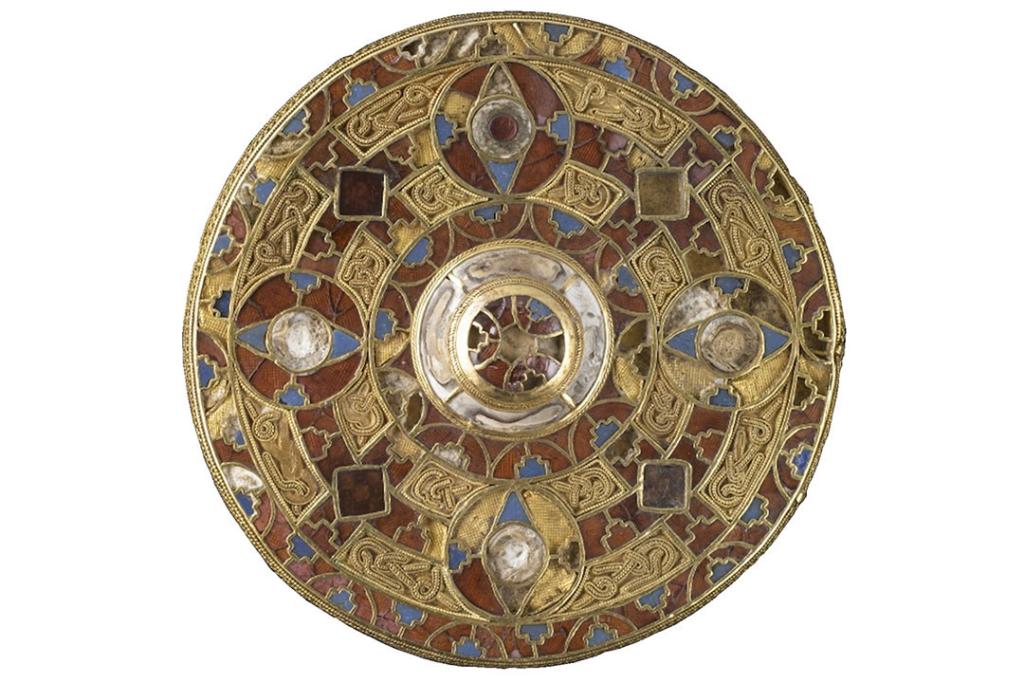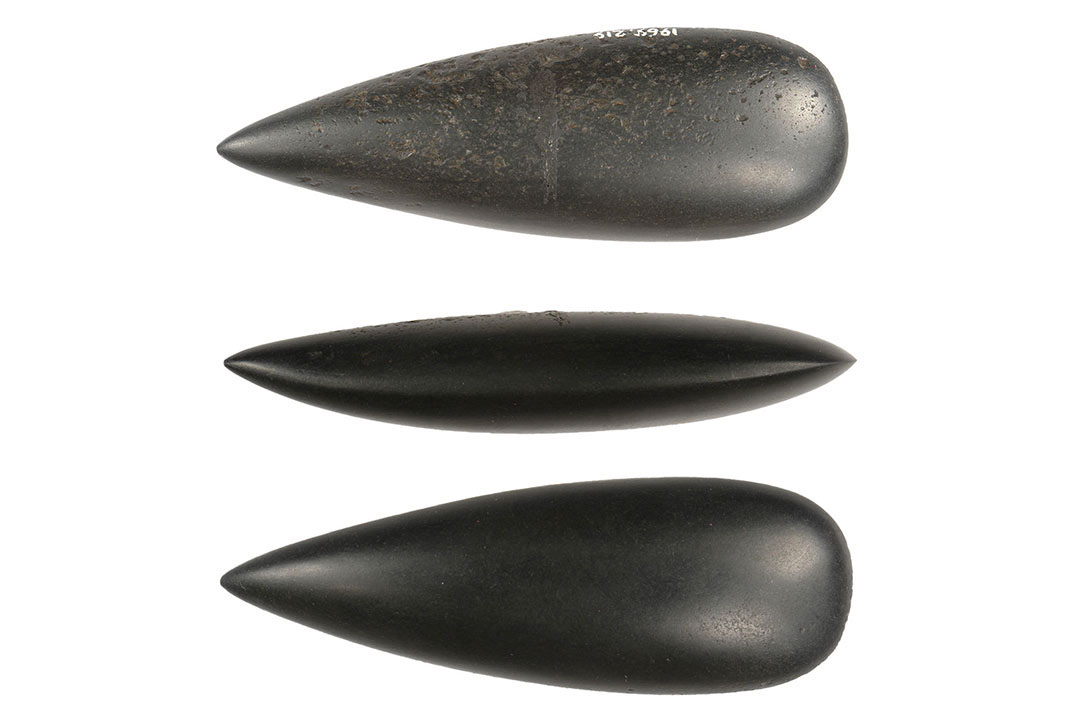What's in a name? Why language matters
This is the first in the latest series of articles coordinated by National Museums Liverpool’s Ethics Group. The theme for this series is language and each article will consider a different ethical concern in the way we use language within museums. The Ethics Group is made up of colleagues from across the organisation. The aim of the group is to actively promote sound ethical behaviour across all areas of our work and provide support and inspire confidence in ethical decision making.

The 'Kingston' brooch
As archaeologists we aim to understand past cultures through the material remains left behind: the objects, buildings, monuments and places which people created and used in the past. To do this we need to identify what objects are, how they were used and how old they are. We use specific terminology to describe these things.
That can be fraught with difficulty, though!
In 2020 the National Museums Liverpool Ethics Group discussed the use of some archaeological terms. Museum ethics aims to ensure museums are operating on a shared set of principals which enable trust to be maintained that museums are operating for the greatest good and least harm.
Where archaeological terms come from
Archaeology developed as a discipline in the 18th century and there was a boom in archaeological ‘antiquarian’ investigation of the past through to the 19th century. Archaeologists working today use a lot of terminology and ways of thinking that grew from those early investigations of the past. As society and views have changed the way we approach archaeology has changed, but we continue to refer to some terminology which has recently been questioned.
"...society changes, and language changes with it. Our objects may be timeless, but the ways we speak about them are not."
'Words Matter' publication compiled by the National Museum of World Cultures (Tropenmuseum, Afrika Museum, Museum Volkenkunde, Wereldmuseum)
‘Prehistoric’ archaeology
Around a third of the Museum of Liverpool regional archaeology collection is from ‘prehistoric’ periods: the Mesolithic, Neolithic, Bronze Age and Iron Age. These are defined by the tool-making technology of the time. We are able to date those periods reasonably well.
However this can become highly problematic when the terms are applied internationally. For example, when was the Bronze Age? The period when tools were made from alloys of copper, happened at different times in different places as people learned about smelting metals. So around the Aegean Sea and Greece the Bronze Age starts around 3200 BC, while we don’t see it in northern England until around 2250 BC.
Even more troublesome is the word ‘prehistoric’ itself. Meaning the period before people made written records, this could be used for relatively recent history for some indigenous communities who use oral tradition. Applying the term 'prehistoric' is both confusing and can be read with notions of being unsophisticated: the term ‘Neanderthal’ is seldom used as a complement, and the Horrible Histories book about the era is titled ‘Savage Stone Age’ - quite a loaded term.
At National Museums Liverpool we're very careful and selective about how we apply the term ‘prehistoric’.

Beautifully polished neolithc axe found at Bidston
‘Anglo-Saxon’ archaeology
Some terms can develop new political meanings which do not relate to what archaeologists intend when we use them. An example of this is the term ‘Anglo Saxon’. This term refers to the period when European people including Angles, Saxons and Jutes came to Britain from the area of modern Denmark and northern Germany in the post Roman period. This represents one of many periods of migration which have shaped British culture, character and society. ‘Anglo Saxon’ has been a contentious term in recent years because it has been adopted by far right political and neo-Nazi groups as a shorthand for white supremacy and their asinine notions of ‘racial purity’.
The field of early medieval and Anglo Saxon studies is largely one of white professionals - as is archaeology more generally. It has been suggested that the continued use of problematic terms like Anglo Saxon is one of many barriers to diversifying the field and including more viewpoints in its study. The term 'Anglo Saxon' is directly derived from a contemporary term, though less commonly used than names for more regional groups , such as Mercians.
In 2019 the members of the International Society of Anglo Saxonists voted to change their name to the International Society for the Study of Early Medieval England. ‘Early Medieval’ is a term which encompasses the period between the end of the Roman rule in England and the Norman conquest, therefore including the Anglo-Saxon and Viking cultures, which are differentiated in our museum records, catalogues, research and interpretation.
At National Museums Liverpool we have chosen to continue to use the term Anglo Saxon and will work to make it clear that the term bears no relation to the inappropriate far right political use of it. It’s a well-known term, used in the national curriculum and to remove it could cause misunderstanding about the periods being discussed in interpretation. For museums, historians and archaeologists to move away from using it could fuel its misappropriation and enable more room for speculation and misinformation about Anglo Saxon history.
The Kingston brooch, pictured at the top, is one of the Anglo Saxon items within our collections.
The role of ethics in museums
Like many museums, at National Museums Liverpool we reflect on the use of terminology in our records and interpretation, and apply approaches which we feel will engage people, explore history, contribute to eliminating misinterpretations, and represent stories of the past effectively.
It's important that there is a dialogue about the way collections and stories are described. We hope that helps us follow the Museums Association Code of Ethics in ‘providing and generating accurate information for and with the public’, and we’re glad to have conversations about these issues, and keep checking what we’re doing is ethical and appropriate.
For more information we recommend 'Words Matter', which is available to read on the Tropenmuseum website.
